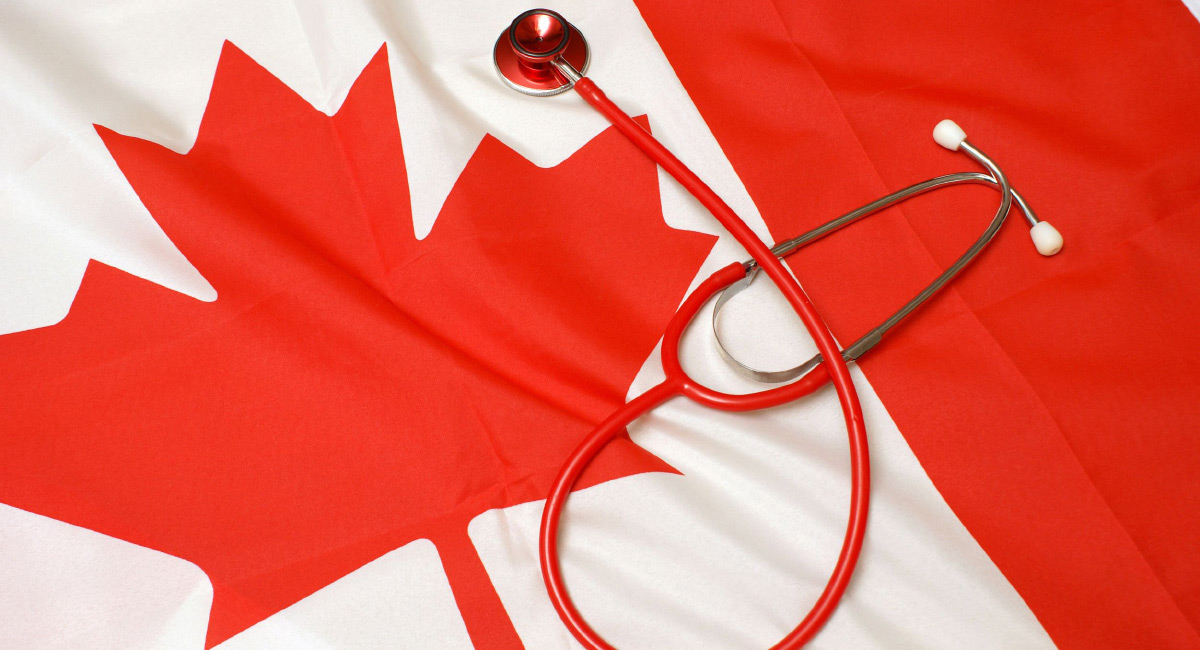Presidential candidate Bernie Sanders has touted Canada’s government medical system, and in July, the Vermont socialist slipped over the border to Windsor, Ontario.
“We’re going to negotiate prices and we will do also what the Canadians do,” Sanders proclaimed. “They look around the world and see what other countries are paying for various types of prescription drugs and that is what they charge here in Canada.”
Sanders found no downside to Canada’s government monopoly health care system. No so this for Dave Batagello of the Windsor Star.
“Coverage was always minimal at best,” Batagello noted. “But Windsor-area travelers to the U.S. and other nations should be made aware the Ontario government is ending its ‘out-of-country travelers’ program under the Ontario Health Insurance Plan (OHIP) starting on Jan. 1.”
As David Jensen of Ontario’s health ministry explained, “The program, which spends a third of its funding on administration alone, has not historically provided Ontarians with meaningful travel coverage. Furthermore, the program’s coverage is very limited with five cents of every dollar claimed.”
As Batagello explains, most local travelers, especially to the United States, buy private insurance, often under a credit card company In case of an injury or emergency treatment, the traveler would “file a claim with OHIP that’s already been paid by the private medical coverage, insurance plans or Canadian resident themselves.” The Ontario Health Insurance Plane would determine who or what to reimburse, “if anything.”
Under the out-of-the-country plan, OHIP, “only considered emergency health services which included a physician’s assessment, emergency surgery, tests such as MRIs or CT scans and hospital stays.” Any treatments, “had to be deemed medically necessary, take place at a hospital or equivalent medical facility and be for an acute illness or situation that was unexpected and no pre-existing before leaving Canada.”
According to Batagello, OHIP would pay “up to $50 per day for outpatient services and up to $400 per day for any hospital inpatient service that took place in an operating room, intensive care unit or coronary care unit.” Such coverage is “often only a fraction of costs, especially in the U.S.,” so David Jensen strongly encourages people to purchase additional travel health insurance when they travel abroad.
As this confirms under government monopoly health care, the people get only the care government wants them to have. In this case, the travel coverage was “minimal at best,” and is now being eliminated entirely. The government system acts as a kind of travel restriction on Canadians who often fly south in winter. Still, there’s more to it.
Even with minimal coverage, according to Jensen, the Ontario government program spends 33 percent of its funding on administration alone. As this confirms, taxpayer dollars must trickle down through top-heavy bureaucracy. That is a feature of government monopoly health care, which advocates pass off as “single payer.”
Meanwhile, Sanders is one of the six presidential candidates who have qualified for the Democratic Party debate in Los Angeles on Dec. 19. Some journalist should ask Sanders, who honeymooned in the single-payer Union of Soviet Socialist Republics, if he sees any downside to Canada’s government monopoly health care system.
In Windsor, Ontario, this writer’s hometown, residents know all about it. On Jan 1, they lose coverage that was “minimal at best,” and burned up one-third of costs in administration. Happy travels in the new year everybody.








